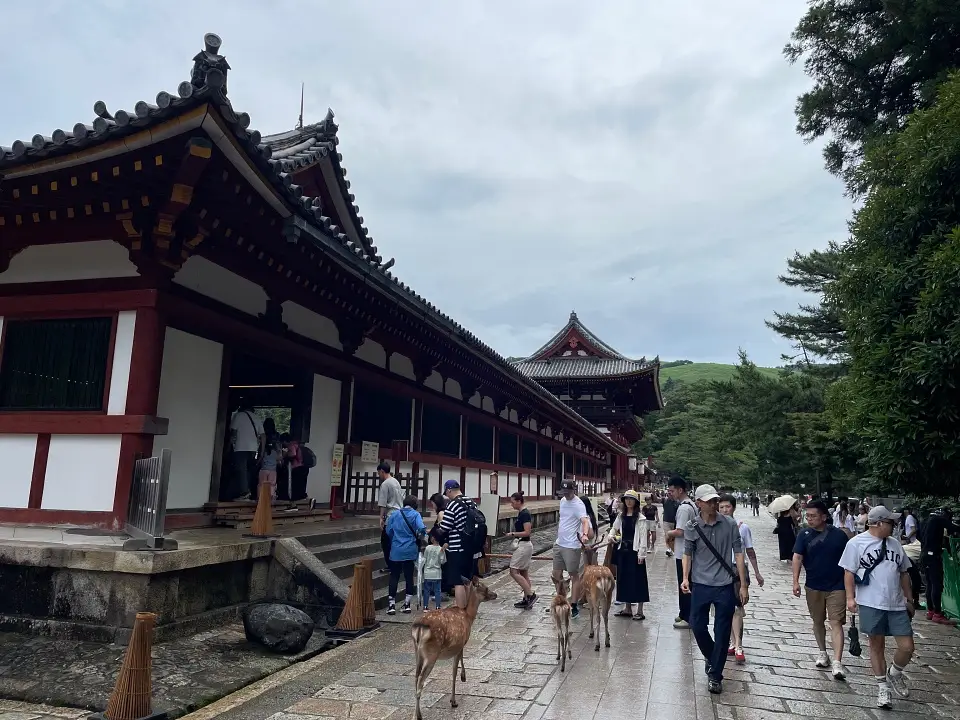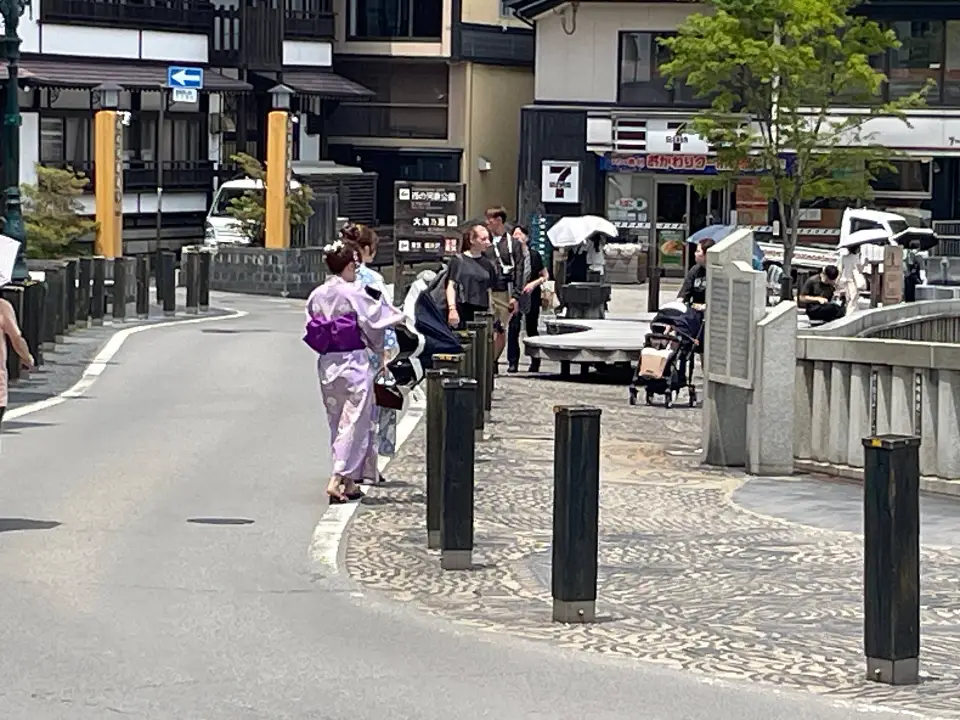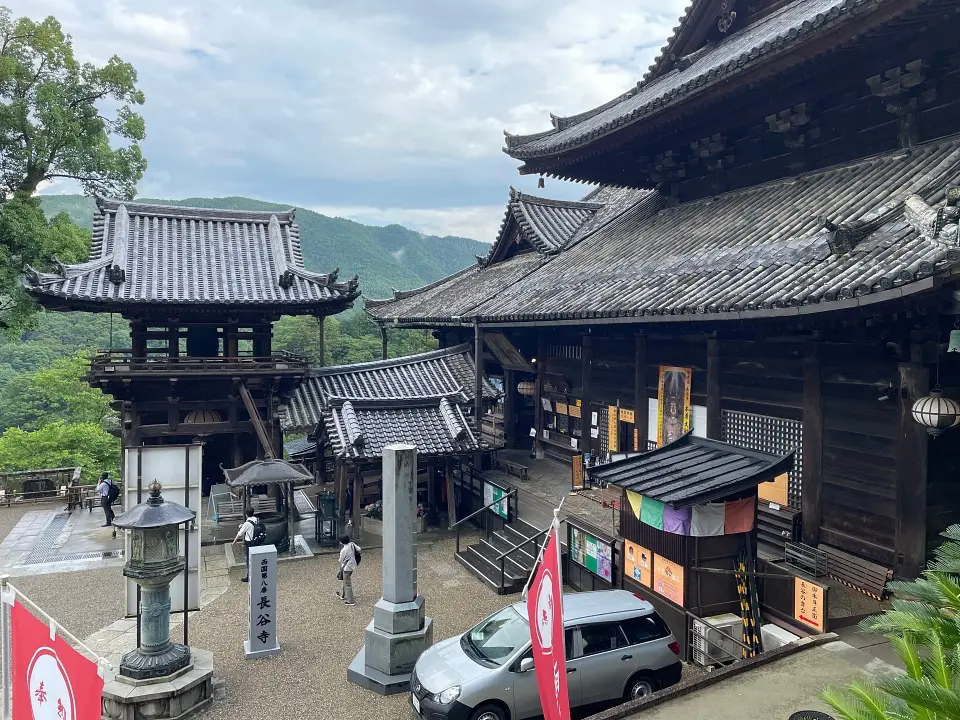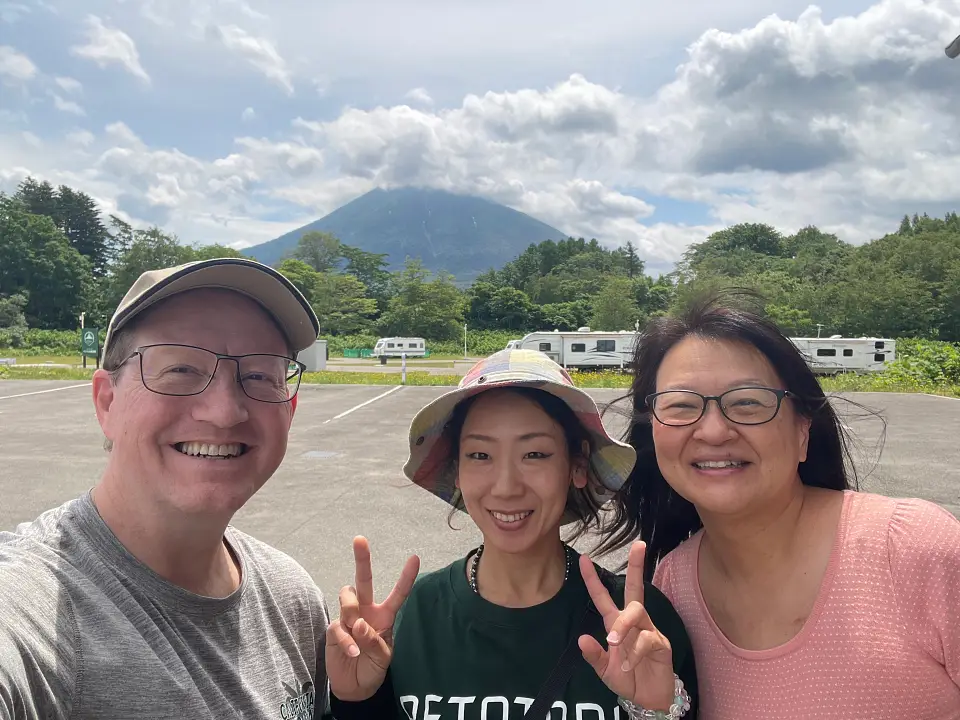Imagine visiting a friend’s home, genuinely welcomed, yet unknowingly causing discomfort. If you knew their unspoken thoughts, you’d adjust your behavior, wouldn’t you? Japan wholeheartedly welcomes visitors, recognizing the economic benefits of tourism. Yet, beneath the surface, a quiet conversation is unfolding about the disruptions brought by the recent surge in inbound travel.

Post-pandemic, inbound tourism to Japan has skyrocketed, with iconic cities like Tokyo, Osaka, and Kyoto bearing the brunt of swelling crowds. While economically beneficial, this influx has brought noticeable frustrations for local residents.
This reality hit home for me recently. Over sushi, my usually apolitical 28-year-old nephew spoke passionately about the upcoming July elections, motivated to vote for the first time by a new party advocating for better management of foreign tourism.
It’s not just newer parties addressing these concerns. The current administration aims to welcome 60 million tourists and achieve ¥15 trillion in tourism spending by 2030, all while implementing stronger regulations to manage the industry.
As I listen to the news and hear from locals, I see a clear path to a win-win for both Japan and its visitors. Greater awareness of these issues, and a commitment to cultural sensitivity, can lead to richer, more respectful travel experiences for everyone.
Japan isn’t a theme park; it’s a vibrant nation where real people live their daily lives. Treating it with the respect it deserves ensures that your visit is not only memorable for you but also positive for the communities you encounter.

How to Blend In (and Why It Matters)
Here are common frustrations voiced by Japanese residents and straightforward ways you can help:
- Public Behavior (Especially in Residential Areas)
- The Issue: Loud conversations, unauthorized photos, and blocking narrow streets in quiet, residential neighborhoods (like Kyoto’s Gion or Tokyo’s Yanaka) disrupt daily life.
- Your Role: Be mindful of noise, especially in residential zones. Try to avoid stepping into areas that may be private, even if they are picturesque. Always ask permission before taking photos of people, particularly geisha or shop owners. Remember, quietness is a deeply ingrained cultural norm.
- Temple and Shrine Etiquette
- The Issue: Disregarding quiet zones, taking selfies in prayer areas, or skipping purification rituals are seen as disrespectful at sacred sites.
- Your Role: Take a moment to observe how locals behave. Follow their lead when using purification fountains or bowing before entering. Refrain from photographing people praying and avoid turning your back to altars for photos. Dressing modestly shows respect.
- Onsen (Hot Spring) Manners
- The Issue: Entering baths without washing, wearing swimsuits (generally not allowed), or ignoring tattoo rules are common missteps.
- Your Role: Always thoroughly wash and rinse your body before entering the communal bath. Understand tattoo policies. Some places are more lenient now or offer cover-up options or private baths. Keep your voice down and avoid splashing; onsen are for quiet relaxation.
- Trash and Recycling
- The Issue: Japan has a strict, complex waste sorting system, and public bins are scarce. Tourists sometimes leave litter or mix recyclables.
- Your Role: You’ll quickly notice public trash bins are rare. During my last trip to Tokyo, I carried food wrappers and an empty drink can in my bag for several hours because I simply couldn’t find a bin. This small inconvenience profoundly taught me how seriously Japan takes cleanliness, and why visitors should embrace this norm.
- Over-tourism in Fragile Areas
- The Issue: Popular spots like Mt. Fuji or Kyoto’s Arashiyama Bamboo Grove are overwhelmed, impacting the environment and local enjoyment.
- Your Role: Consider visiting less-trafficked locations or exploring popular spots during off-peak hours or seasons. Be thoughtful about extensively tagging lesser-known sites on social media to prevent accidental over-promotion. Always follow posted local rules in sensitive areas, which are there for preservation.

Your Impact as a Thoughtful Traveler
Ultimately, respectful travel comes down to paying attention to your surroundings and practicing cultural humility. We all make mistakes, but a genuine apology and a willingness to learn speak volumes. Even a few polite Japanese phrases can make a difference; showing respect through your efforts to communicate will often be met with warmth and kindness.
When you travel with awareness, you transcend mere sightseeing. You build genuine bridges with the people, helping communities feel a deep pride in sharing their home with the world. The stories you bring back won’t just be of sights seen, but of profound connections made, respect shown, and the true heart of Japan felt.

Ready to make your next trip to Japan truly exceptional, for both you and your gracious hosts? Let’s explore this beautiful country together, responsibly, respectfully, and with an open heart.